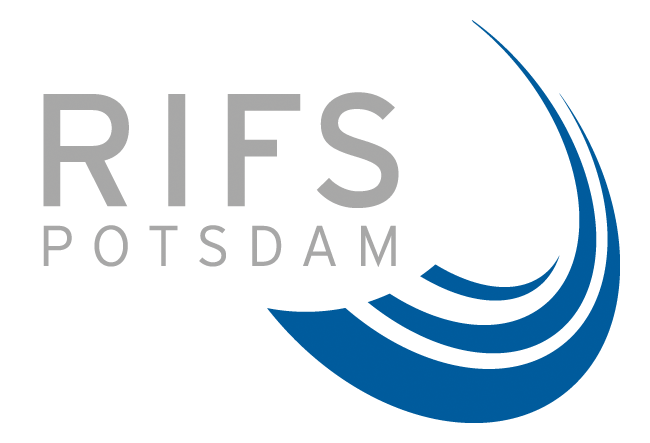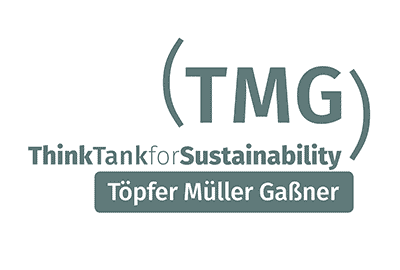The STRONG High Seas project, together with its partners the Permanent Commission for the South Pacific (CPPS) and the Abidjan Convention Secretariat organised a series of Inter-Regional Dialogues on High Seas Governance in the South Pacific and Africa regions. A summary report is available here.
Series of inter-regional dialogues on high seas governance in the South Pacific Region
On June 10th and 22nd, 2021, the STRONG High Seas project and the Permanent Commission for the South Pacific (CPPS) organised the first series of two Inter-Regional Dialogues on High Seas Governance. These two series of expert meetings provide an informal space for stakeholders to discuss high seas governance from a regional perspective in both the South Pacific and Africa. Due to the COVID-19 pandemic, the meetings were held online and gathered around 40 participants.
The focus of this series of expert meetings for the South Pacific was to present the current activities of regional organisations on high seas governance and to discuss the role they could play in the implementation of the future treaty on the conservation and sustainable use of marine biodiversity in areas beyond national jurisdiction (BBNJ treaty). The meeting gathered representatives from both international and fisheries management organisations, NGOs and academia of the Southeast Pacific and Southwest Pacific regions and aimed at sharing experiences amongst relevant stakeholders and building connections between the two sides of the Pacific.
Participants stressed the importance of building cooperation amongst regional stakeholders in managing marine areas that fall beyond the national jurisdiction of States. There are already some examples of cooperation between regional organisations in the South Pacific, such as the MoU between CPPS and the South Pacific Regional Fisheries Management Organisation (SPRFMO). There is also a strong need for stakeholders of both regions to enhance efforts regarding the ongoing BBNJ negotiations and issues related to the conservation and sustainable use of marine biodiversity in areas beyond national jurisdiction.
More broadly, participants highlighted that the siloed approach to ocean governance is an important obstacle to effective conservation and sustainable use of marine resources. Regional organisations will have a key role to play in the implementation of the future BBNJ treaty, but this role is to date not precisely defined.
Series of inter-regional dialogues on high seas governance in Africa
On July 22nd, 2021, and February 22nd, 2022, the STRONG High Seas project and the Abidjan Convention Secretariat organised the second series of dialogues, providing a space for stakeholders from the Southeast Atlantic and Western Indian Ocean regions to informally discuss high seas governance in the context of the BBNJ treaty negotiations.
Participants discussed the future relationship of the BBNJ treaty with existing regional bodies and frameworks and on the potential role of such bodies in the designation, implementation and monitoring of area-based management tools and marine protected areas. Examples of this future relationship were taken from existing regional organisations, such as the Sargasso Sea Commission.
Participants highlighted the difference in capacity of regional organisations, which could prevent them from engaging in the implementation of the future BBNJ treaty. The future BBNJ treaty could play an important role in addressing the fragmentation of the global ocean governance framework. The delay in negotiations due to the COVID-19 pandemic allows more time to discuss the future relationship between the BBNJ treaty and existing bodies and agreements. Participants discussed the relevance of a compliance committee as a possible mechanism to support the implementation of the future BBNJ treaty.
The current draft BBNJ treaty is still vague regarding the rights and obligations of various stakeholders in terms of the establishment and implementation of area-based management tools and marine protected areas in marine areas beyond national jurisdiction. Moreover, the question of how to protect areas outside of the management areas of regional organisations still needs to be resolved.




